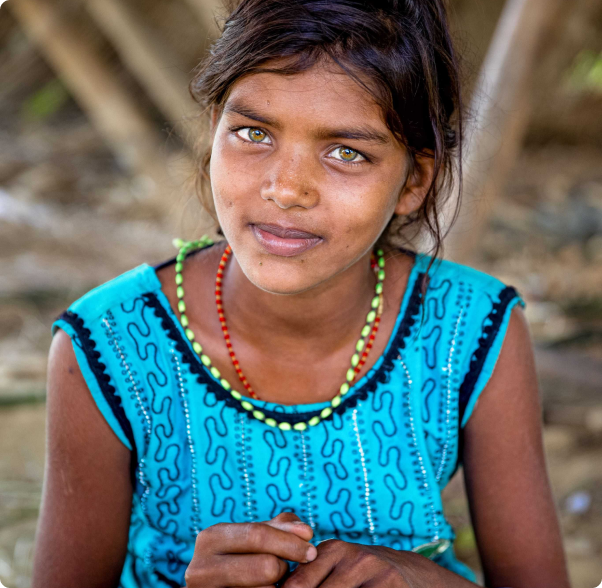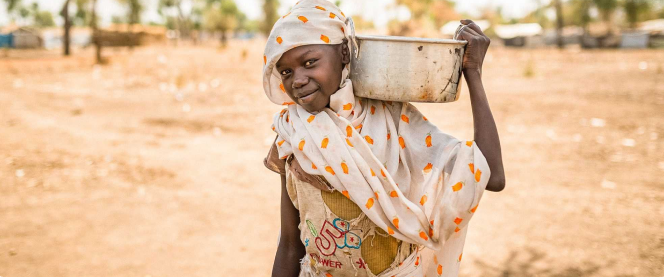Summary
The Republic of Tanzania on the east coast of Africa has a strong sense of nationalism that has enabled its people to live peacefully for over 20 years. Historical and cultural factors, the dominant Swahili language, and a successful political plan for independence have contributed to its stability. Bordered by eight countries including Kenya to the north and Mozambique to the south, Tanzania has the highest peak in Africa, Mt. Kilimanjaro, and it shares three of Africa’s largest lakes. The abundant wildlife in the Serengeti attracts many tourists as well. The “spice islands” of the Zanzibar archipelago off the eastern coast brought a strong Arabic influence to Tanzania as the republic was formed in 1964.
Attempts to socialize the mostly agricultural economy after independence met with little success. With 80% of the workforce in farming and 85% of Tanzania’s exports from agriculture, the economy suffered, and over one-third of the population now lives below the poverty line. Tanzania has one of the smallest industrial sectors in Africa with aging transportation, communication, and power infrastructures inhibiting growth as well. HIV/AIDS and an influx of refugees fleeing conflicts in neighboring countries have both negatively impacted the economy. Recovery is slow, but revenues continue to grow from gold mining and tourists visiting Tanzania’s beautiful natural attractions.
Religious freedom is thought to be one of the motivating factors in Tanzania’s peaceful history. With over one half of the population Christian and one third Muslim (99 % in Zanzibar), actively religious communities have existed with little conflict. This is changing with increased internal Muslim conflicts, which have also prompted conflicts with Christians. Witchcraft, the occult, and superstitious spiritual practices are becoming part of even the mainline religions. Many churches lack the trained mature leaders needed to shepherd and teach sound Biblical truths – exposing syncretism and heresy – to both established and newly planted Christian communities.




